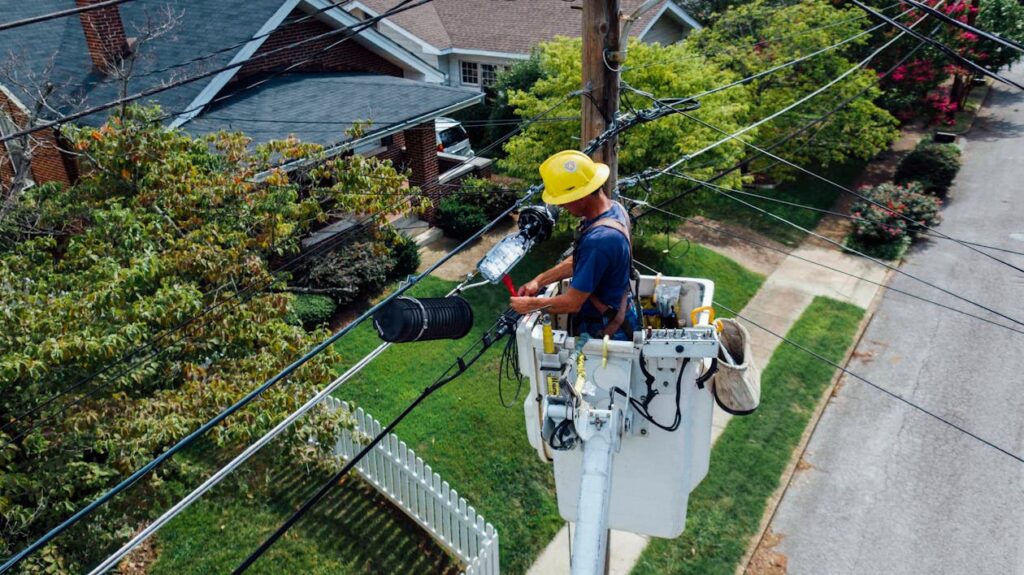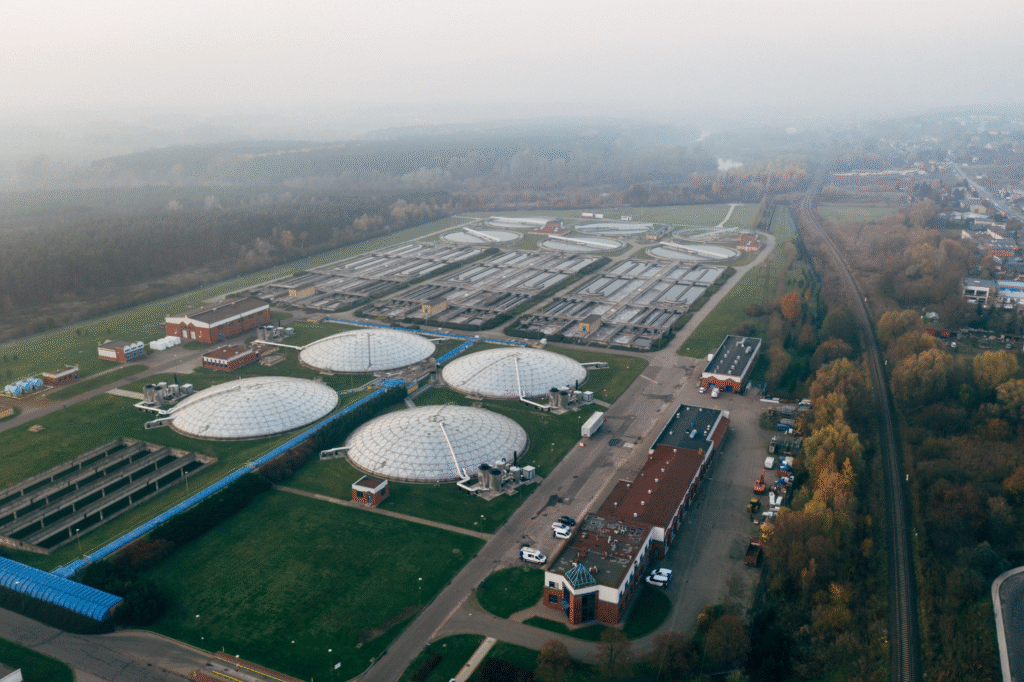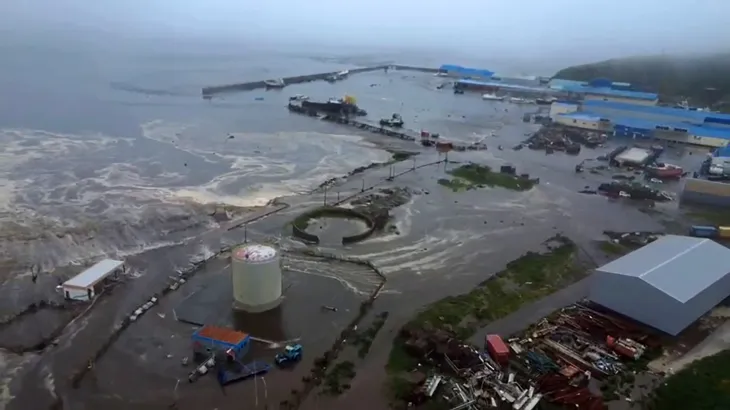The world runs on public utilities—and in 2025, these industries are more critical, expansive, and career-rich than ever before. Electricity, water, waste, and gas services form the invisible backbone of society. But behind every kilowatt delivered and every gallon purified is a skilled worker making it happen.

If you’re asking, “What are the public utility job opportunities in 2025?” You’re not alone. Millions are exploring utility careers for their stability, purpose, and growth potential.
In this guide, we break down:
- How many jobs are available in the sector
- What roles are most in demand
- Salaries and education pathways
- Global vs U.S. labor market trends
- Why now is the right time to consider this field
What Are Public Utilities?
Public utilities deliver essential services that everyone depends on. They include:
- Electric power generation and distribution
- Water treatment and sewage management
- Natural gas transmission
- Telecommunications and broadband infrastructure
- Waste collection and recycling
Most are government-regulated or municipally funded, though many private utility companies also operate within strict frameworks. They serve both rural and urban communities—often 24/7—and rely on a workforce ranging from entry-level operators to advanced data scientists.
How Many Public Utility Jobs Will Exist in 2025?
According to the International Energy Agency (IEA), the global energy workforce reached 67 million jobs in 2023, with public utility services accounting for a significant share across power, water, and fuel sectors. As infrastructure demands grow and cities expand, millions of new roles are expected worldwide.
In the United States, the Department of Energy’s USEER 2024 report highlights:
- Over 8.4 million jobs in energy-related sectors
- 3% annual growth
- Clean energy jobs growing twice as fast as the national average
U.S. Utility Workforce by Sector (2025 Estimates)
| Sector | Estimated Employees | Growth Outlook |
| Electric Utilities | 7.5M+ | Moderate |
| Water & Wastewater | 1.7M+ | High |
| Natural Gas & Pipeline | ~900K | Moderate |
| Telecommunications/Broadband | ~1.2M | High |
| Renewable Energy Utilities | 2.1M+ | Very High |
Global Perspective: Developing economies are expanding water, waste, and renewable infrastructure rapidly—opening up tens of thousands of positions annually.
Public Utility Roles in High Demand
The utility sector is ramping up hiring to counter retirement waves and meet rising demand, according to Utility Dive and reports from CenterPoint Energy (via Houston Chronicle).

Top Careers to Watch:
- Power Plant Engineers & Operators
- Water Systems Technicians
- Grid Cybersecurity Analysts
- Renewable Energy Installers
- Pipeline Controllers
- Waste Management Supervisors
- Environmental Scientists
- AI & Data Technicians for Utilities
- Customer Account Managers
From high-voltage operations to sustainable water systems, roles now range from blue-collar to digital-first.
Salaries Across Public Utility Careers
Public utility jobs are not just reliable—many are very well compensated and come with union protections and strong benefit packages.

| Job Title | Average Salary (US) |
| Electric Utility Engineer | $92,000 |
| Water Treatment Operator | $60,000 |
| Power Distribution Specialist | $75,000 |
| Utility Safety Coordinator | $63,000 |
| Renewable Energy Technician | $68,000 |
| Wastewater Lab Analyst | $56,000 |
| Telecom Systems Technician | $72,000 |
Plus, benefits often include:
- Medical and dental coverage
- Retirement plans
- Paid vacation
- Union membership
- On-the-job training or certifications
Required Education and Training
According to the EY Utilities Workforce Survey, one of the biggest issues facing the sector is reskilling and generational turnover. Most hiring managers face shortages of applicants with modern tech skills or renewable energy experience.

Depending on the role, requirements range from:
- High school diploma or GED: meter readers, field technicians, sanitation crews
- Trade or technical certification: plant operations, lineman, electrical maintenance
- Bachelor’s degree or above: engineers, environmental scientists, data managers
Many utilities offer onboarding training or apprenticeships, especially in the electric and water sectors (TDWorld Report).
Emerging Trends Reshaping Utility Careers
The Deloitte 2025 Power & Utilities Outlook and Business Insider both confirm that the industry is shifting quickly toward:
- Smart grid management
- AI-driven maintenance
- Decentralized renewables
- Electric vehicle charging infrastructure
- Geothermal and hydrogen technology growth
This opens up new hybrid roles that combine IT, environmental science, engineering, and analytics. For example:
- Grid Optimization Analyst
- EV Infrastructure Planner
- Geothermal Safety Officer (WSJ)
Why Work in Public Utilities?
Public utilities offer something rare in today’s job market: stability with purpose.
Benefits include:
- Competitive wages (often union-scale)
- High job security
- Growth into supervisory or specialized roles
- Chance to serve your community
- Transferable skills across sectors and states
As noted by the Houston Chronicle, employers like CenterPoint Energy plan to add 800+ new hires by 2030, including 200+ lineworkers and engineers to future-proof their infrastructure.
Final Thoughts
If you’re exploring a meaningful, growth-oriented career path, public utility job opportunities in 2025 are a powerful option. Whether you’re a high school grad, a returning tradesperson, or a new environmental science major, there’s a place for you in this evolving industry.
And with global authorities like the IEA, DOE, and Deloitte projecting continued expansion, this is more than just a job—it’s a future.
Share this content:













Post Comment
You must be logged in to post a comment.